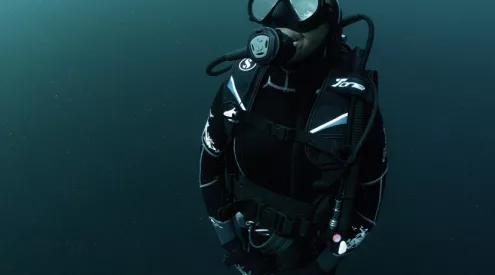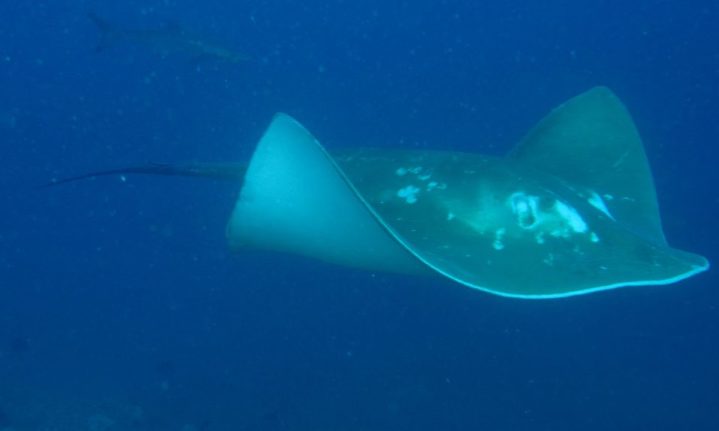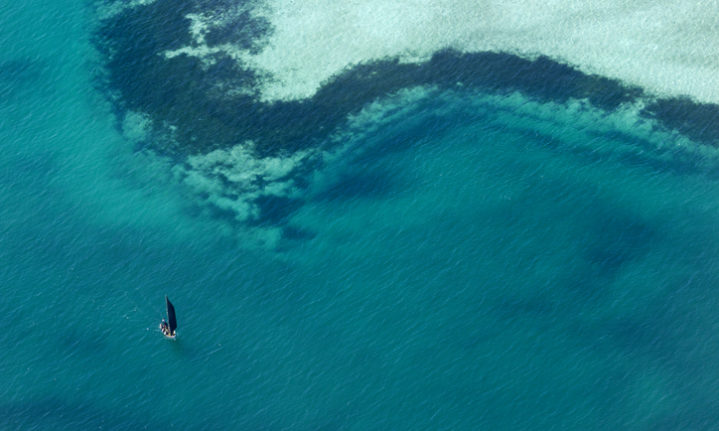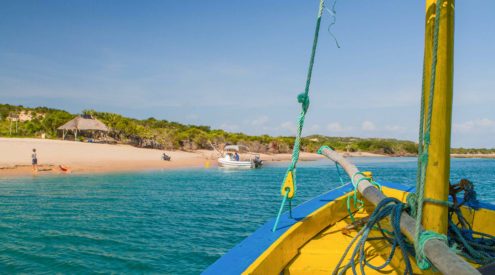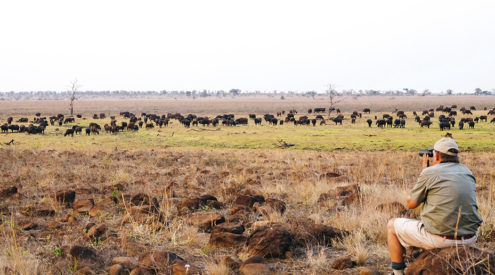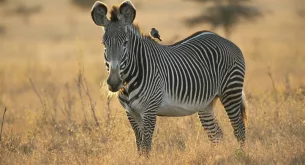Researchers have tagged the smalleye stingray, the largest and rarest marine stingray, in what is a scientific first off the coast of Mozambique.
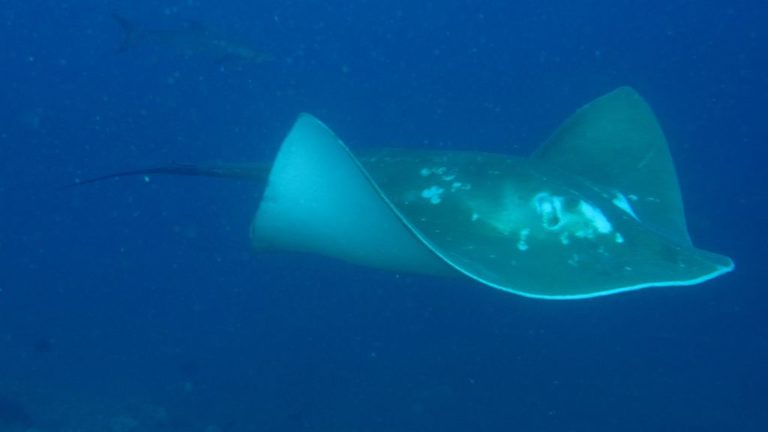
A smalleye stingray. Picture: Wikimedia Commons/ Jay.corriveau
The small-eye sting ray is thought to be a critically endangered species, which will allow scientists to track their long-distance travel and fine-scale movements.
After surveying the coast of the Bazaruto Archipelago, National Geographic explorer and ray expert Andrea Marshall dove in with a 2 m long pole after spotting a ray in shallow water.
She lightly touched the animal to take a small skin sample from its underside, with the ray remaining calm. Smalleyes have a stinging spine the length of a human forearm, with Marshall telling National Geographic that the wrong move ‘would put us in mortal danger’.
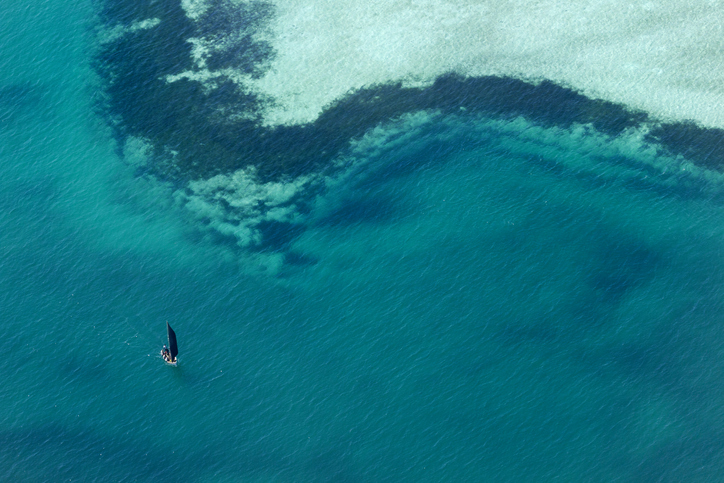
An aerial image of a dhow ( sailing across the low tide shallows and seagrass meadows of the Bazaruto Marine Reserve. Mozambique. Picture: Getty Images /Jay Roode
The team managed to tag 11 smalleye rays off the coast of Mozambique, with the goal of gathering enough information so that the IUCN can proper;y assess the species which could lead to better protection practices.
So far, the tags have revealed that these rays roam the reefs at night, indicating that they likely feed at dawn and dusk and sleep close to the reef at night.
‘We’re racing against the clock,’ Marshall concluded, ‘to learn more and get more attention for this incredible species that most people aren’t even aware of’.
Follow us on social media for more travel news, inspiration, and guides. You can also tag us to be featured.
TikTok | Instagram | Facebook | Twitter
ALSO READ: First population of all-orphaned rhinos arrive at Babanango Game Reserve

